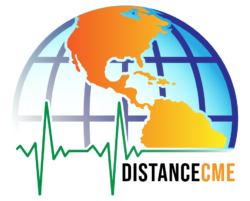August 2018
4 steps to manage first responder stress
It’s important to recognize that the constant stress and pressure of bad calls can build over time, weigh us down and cause problems for us down the road. How do we arm ourselves against first responder stress? The answer: self-care.
Weather events increase carbon monoxide exposure risk
We are likely going to be on high alert for carbon monoxide poisoning during times of power outages, but there are some things we can keep in mind as we assess the situation for safety.
July 2018
PTSD in first responders affects us all differently
The difficulty with PTSD in first responders is that it’s hard to spot. It’s easy to hear about a mass casualty incident, an active shooter or any number of large-scale, high-visibility incidents and think, “Wow, someone should check on those providers.” But PTSD is different for everyone and people need help might not be getting it.
Patient safety challenges our healthcare system
Despite the increase in sound healthcare practices, there is still a high number of injuries to patients. If we approach every single patient with safety in mind, we will be less likely to skip important steps.
June 2018
Learn how to provide empathy in healthcare as an EMS
Empathy is a big part of our jobs, and we need to teach it to our students, our employees and each other. People need to feel that it’s OK to be empathetic and that it’s a natural part of the whole EMS picture.
Suicide epidemic touches us all in some way
Suicides are on the rise overall. In fact, I'd say we have a suicide epidemic. Statistics in a new report from the Centers for Disease Control and Prevention have shown a 30% increase in suicides since 1999, Additionally, it is now one of the top 10 causes of death in the U.S. — surpassing homicide.
